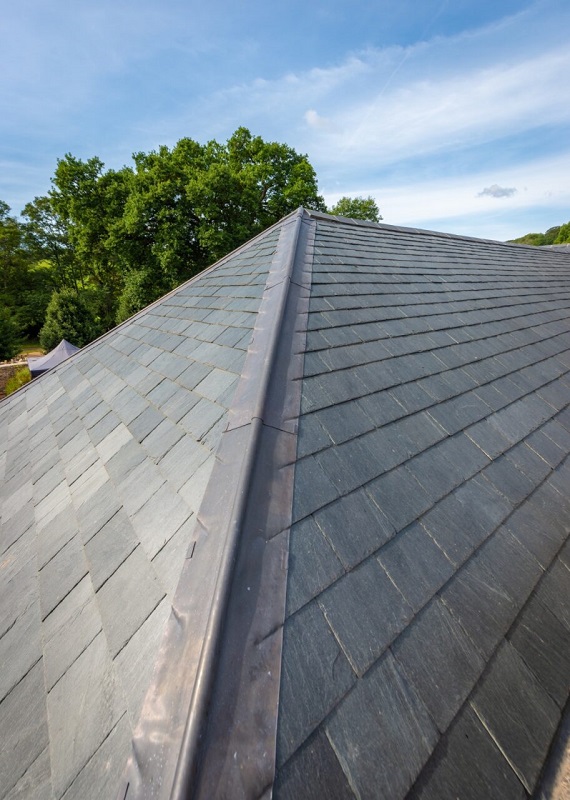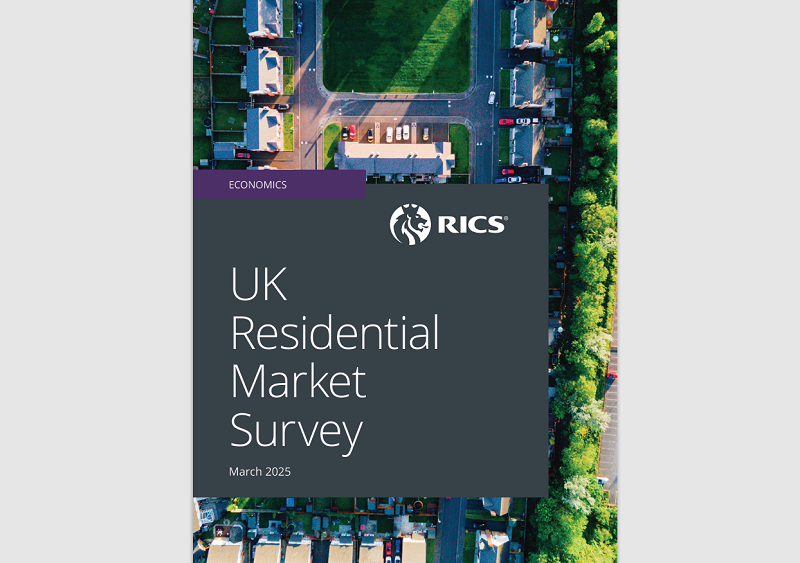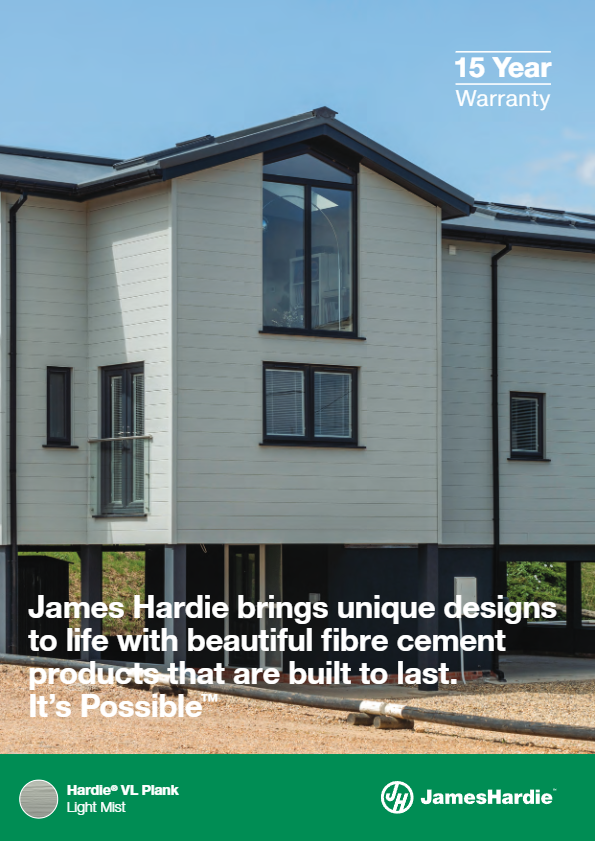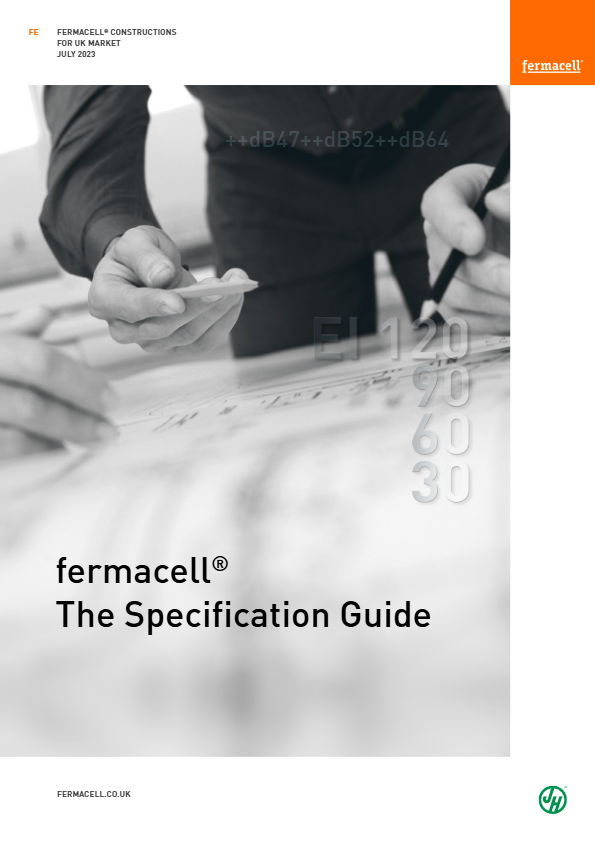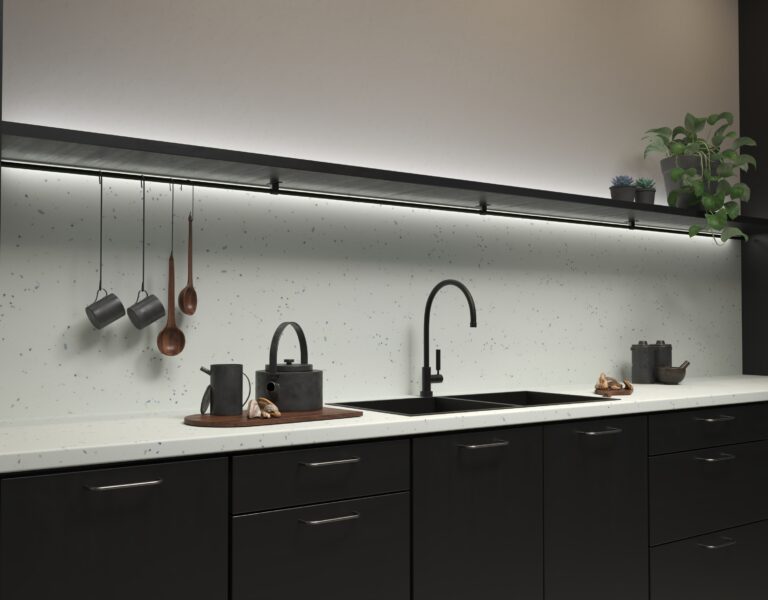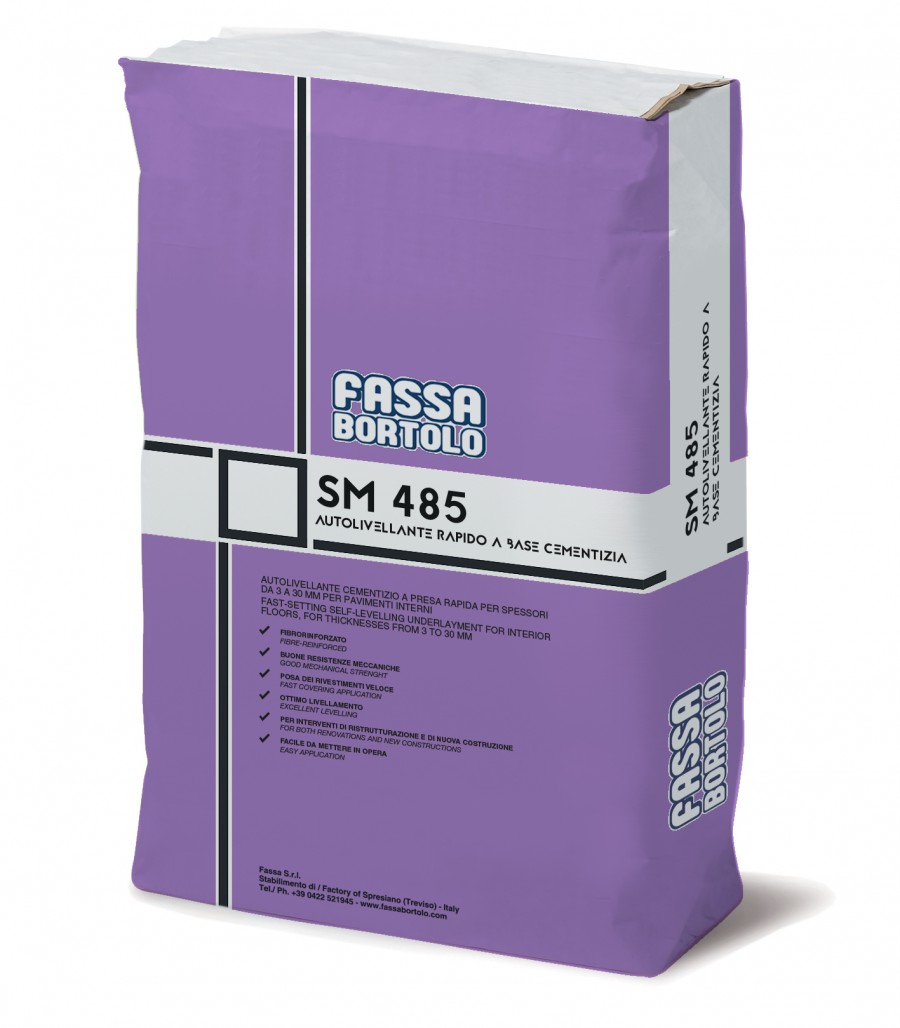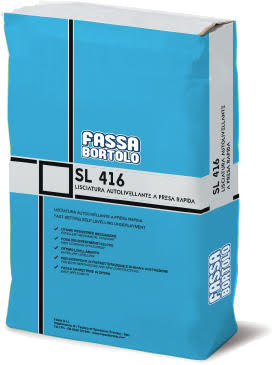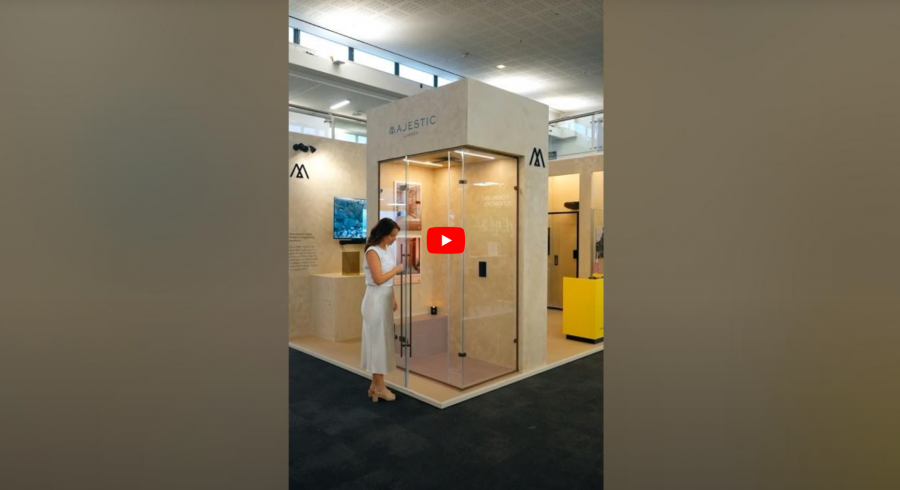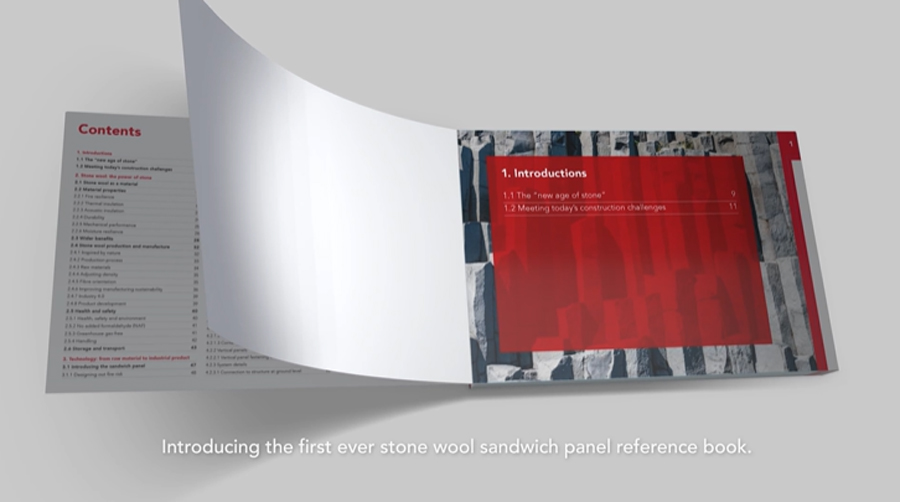Despite
some progress in sustainability practices within the construction industry, a
significant gap remains in how early sustainability decisions are integrated
into projects, according to a survey of industry professionals from NBS
(powered by Hubexo), a leading specification and product information platform
for the construction industry.
The
landscape is rapidly changing as the demand for sustainable construction
continues to grow, with professionals and clients leading the charge. Although
regulation is increasing, it is still not enough to drive widespread uptake.
The demand
is primarily coming from industry professionals and clients, who are pushing
for low-carbon projects that prioritise energy and resource efficiency, while
also minimising waste in both buildings and infrastructure.
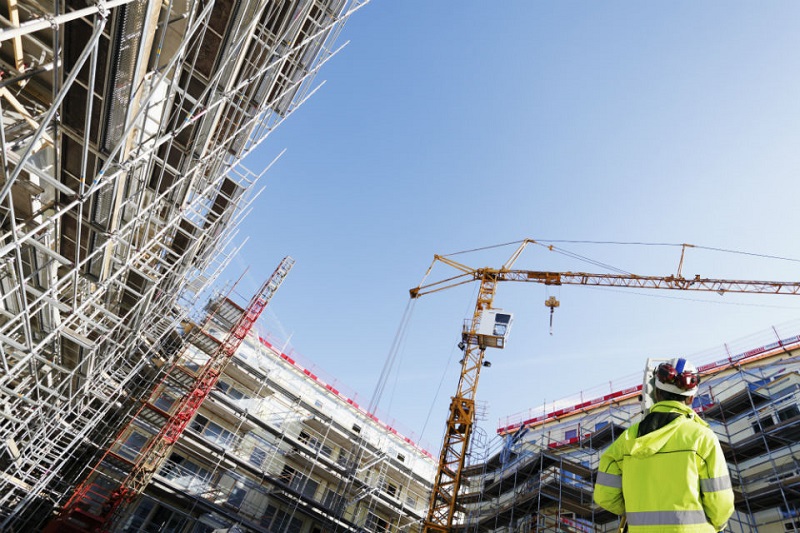
These
evolving requirements underscore the urgent need for the industry to address
sustainability concerns from the earliest stages of project planning and
throughout the entire construction lifecycle. Despite this progress, the
concept of circular construction is still very much in its infancy,
highlighting the need for further development and integration of sustainable
practices across the sector.
Compared to
the last NBS Sustainable Futures Report in 2021, there has been a 10% increase
in respondents stating that sustainability is "usually or always"
achieved on their projects, rising to 43%. For architects specifically, the
figure is 35%. However, a third of professionals also reported that their
projects rarely or never meet these sustainability goals, indicating
substantial room for improvement.
While the
majority of respondents (72%) say sustainability is typically considered during
the design stage, 84% agree it should ideally be addressed much earlier -
during the strategy and brief stage. This early intervention would set clear
sustainability goals, establish appropriate budgets, and ensure effective
outcomes throughout the project lifecycle.
There’s a
notable disconnect between when sustainability is typically considered in
practice (the design stage) and when it should ideally be addressed (strategy
and brief). Architects and engineers are calling for a more integrated approach
to sustainability from the outset, with 62% of respondents with these job roles
agreeing that sustainability should be considered during the strategy and brief
stages. This gap highlights the lack of regulatory force driving earlier
integration of sustainability into projects. Increased regulation would help
address this issue, ensuring that sustainability is prioritised at the earliest
stages.
Tools like
NBS Chorus, partnered with BCIS BECD, provide a powerful solution for
integrating sustainability early in the design process. By offering carbon cost
estimates at the concept stage, these tools enable professionals to assess the
environmental impact of their design choices from the outset. This allows
project teams to make informed decisions on carbon reduction strategies,
ensuring that sustainability goals are met from the very beginning of a
project. With BCIS BECD's and NBS Chorus's carbon insights, architects can
better understand the cost implications of sustainable materials and systems,
driving smarter, more sustainable design decisions.
Dr. Lee
Jones, Head of Sustainability at NBS, said: "The construction industry is
making incremental but important strides toward reducing its environmental
impact, with NBS reporting a positive uptick in the percentage of projects
where sustainability is 'usually or always' achieved. This progress signals a
growing commitment within the sector, though it’s clear that we still have
significant work ahead of us to fully integrate sustainable practices
throughout the lifecycle of projects.
“But
looking ahead, there’s a strong need for the industry to adopt sustainability
at the very beginning of the process, during the strategy and brief stages. The
fact that so many professionals agree that sustainability should be addressed
earlier is promising, but the gap between intention and practice remains.
“Only by
embedding sustainability from the very start, as outlined by frameworks like
the RIBA Plan of Work, can we ensure that the buildings and infrastructure of
tomorrow will truly meet the environmental and social challenges of the
future."
To download
the NBS Sustainable Futures Report, clickhere.







